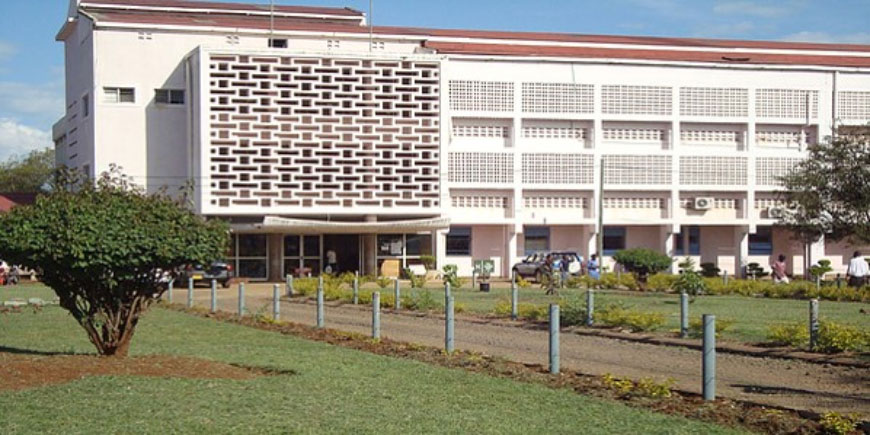
The University of Washington’s DeRouen Center for Global Oral Health has submitted another NIH grant entitled, “Tabamasu-EHR: Integrating dental records within an existing HIV electronic health system.” This proposal aims to strengthen the scientific capacity for interdisciplinary research in Kenya involving the University of Washington (Seattle, USA), the Maseno University Jaramogi Oginga Odinga Teaching and Referral Hospital (Kisumu, Kenya), and the University of Nairobi (Nairobi, Kenya). The Tabasamu-EHR application complements our existing D71 Tabasamu grant. Our overarching goal is to develop a robust infrastructure that provides support and training for conducting oral HIV research in Kenya utilizing existing resources based on the JOOTRH HIV electronic health records (EHR) system.
Our aims for this project are to: 1) Ensure adequate computer hardware infrastructure for integration of the dental and HIV clinic EHR systems, 2) Integrate dental electronic records within existing HIV EHR software, and 3) Generate a cadre of oral HIV researchers with expertise in the retrieval of electronic health records, health statistics, management of large databases, and epidemiologic research, while making JOOTRH a model for oral health integration into the national HIV HER for other large institutions in Kenya.
On this project we are excited to partner on UW’s International Training and Education Center for Health (iTECH) who has vast experience in EHR. This project will provide training opportunities in research areas that will be needed to conduct research utilizing EHRs. If funded, Tabamasu-EHR will provide the foundational basis for a future medium- or long-term program aimed at mastering clinical and health service research, strengthen inter-professional collaborations, decrease Kenyan geographical research inequalities, and increase capacities in oral HIV research.
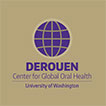
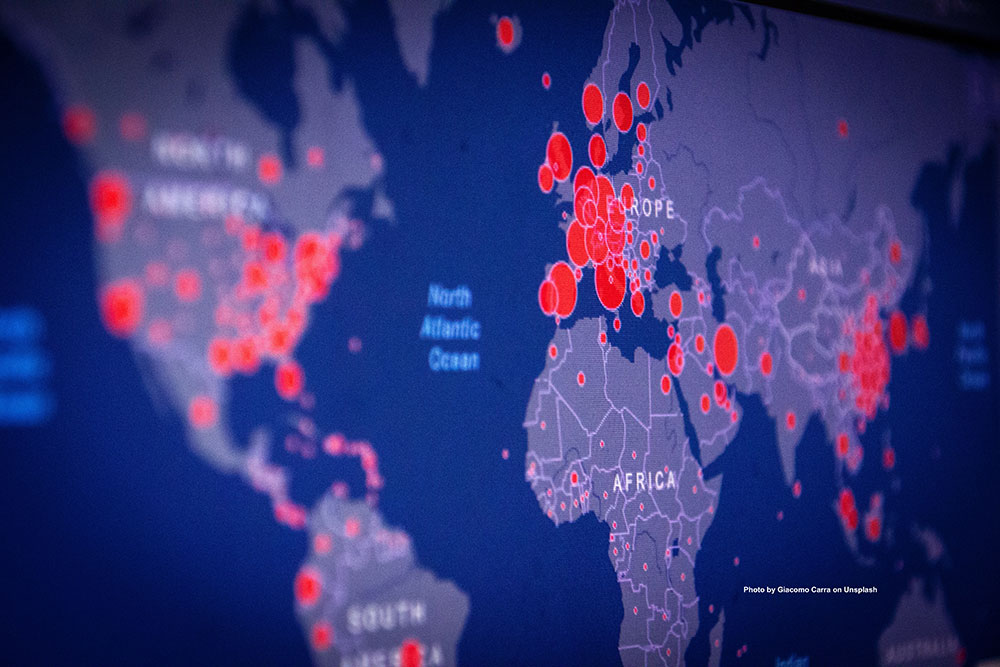

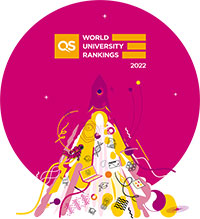

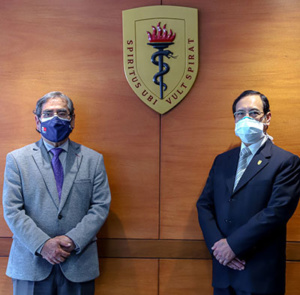

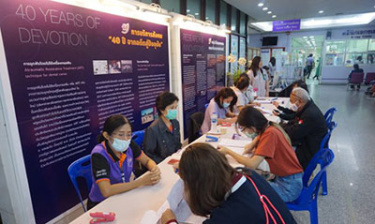
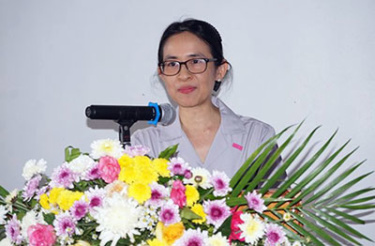
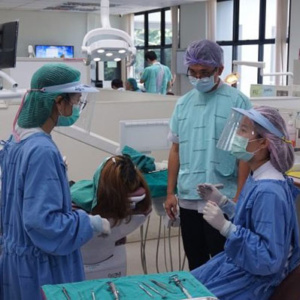
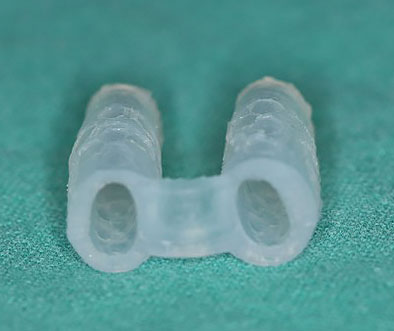
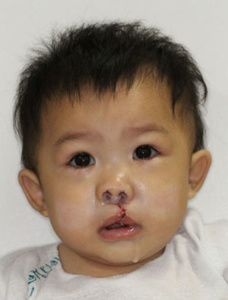
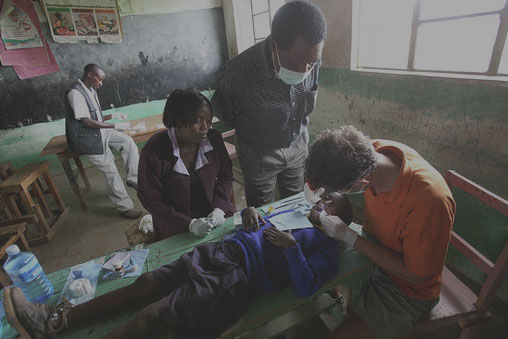 Despite efforts to improve oral health, low- and middle-income countries such as Kenya often lack the resources necessary to build research and health system capacity. Drs. Dalton Wamalwa, Ana Lucia Seminario, and Arthur Kemoli have been awarded an NIH D71 grant entitled “TABASAMU: A multidisciplinary collaboration on building up research capacity in oral health and HIV/AIDS”, which will be a collaboration among the University of Washington (UW), the University of Nairobi (UoN) and the Kenyatta National Hospital in Nairobi (KNH). This innovative D71 award will provide the basis for developing a training program with the goal of creating sustainable institutional capacity in research and training for oral health and HIV/AIDS.
Despite efforts to improve oral health, low- and middle-income countries such as Kenya often lack the resources necessary to build research and health system capacity. Drs. Dalton Wamalwa, Ana Lucia Seminario, and Arthur Kemoli have been awarded an NIH D71 grant entitled “TABASAMU: A multidisciplinary collaboration on building up research capacity in oral health and HIV/AIDS”, which will be a collaboration among the University of Washington (UW), the University of Nairobi (UoN) and the Kenyatta National Hospital in Nairobi (KNH). This innovative D71 award will provide the basis for developing a training program with the goal of creating sustainable institutional capacity in research and training for oral health and HIV/AIDS.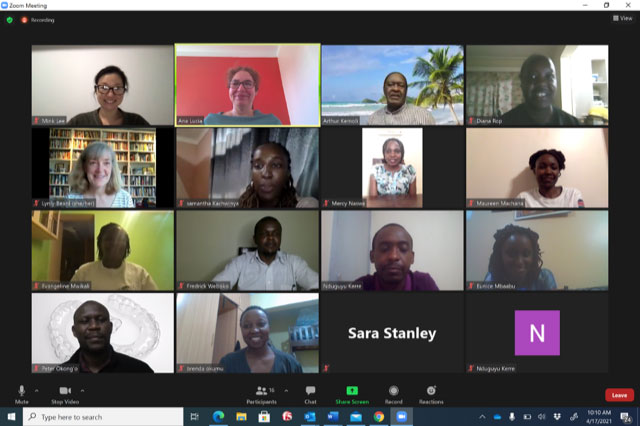
 The Timothy A. DeRouen Center for Global Oral Health was recently gifted an endowment by our founder and his wife, Tim and Cheryl DeRouen. This generous gift is earmarked to grow and expand the center, and to expand research capacity in oral health in low- and middle-income countries.
The Timothy A. DeRouen Center for Global Oral Health was recently gifted an endowment by our founder and his wife, Tim and Cheryl DeRouen. This generous gift is earmarked to grow and expand the center, and to expand research capacity in oral health in low- and middle-income countries.